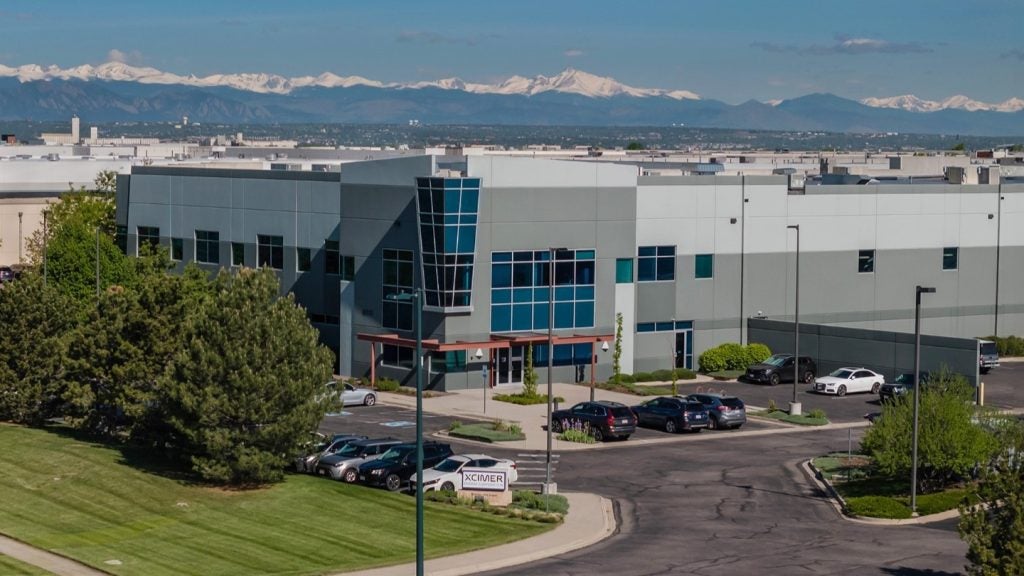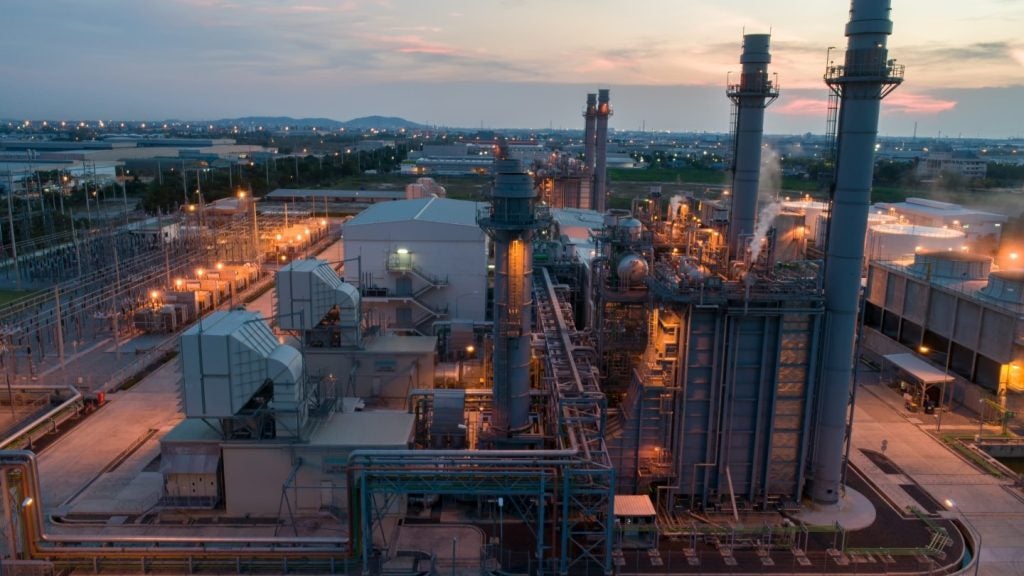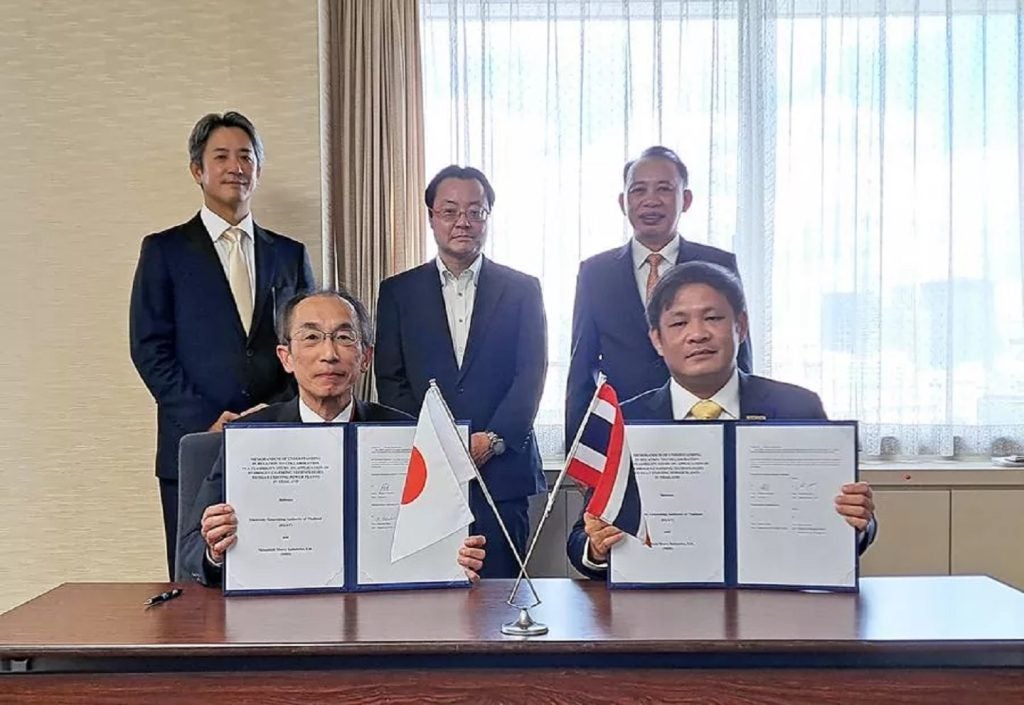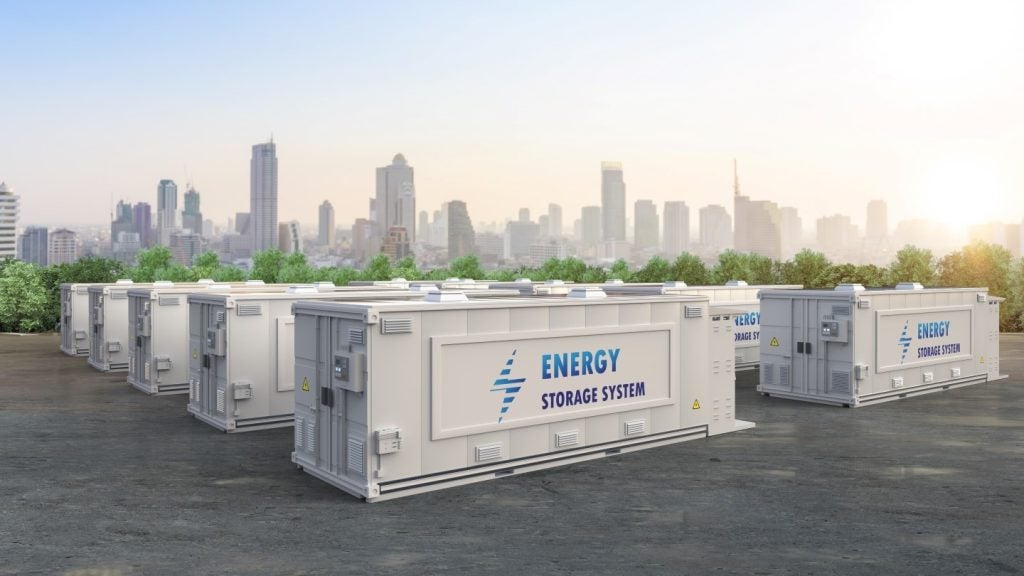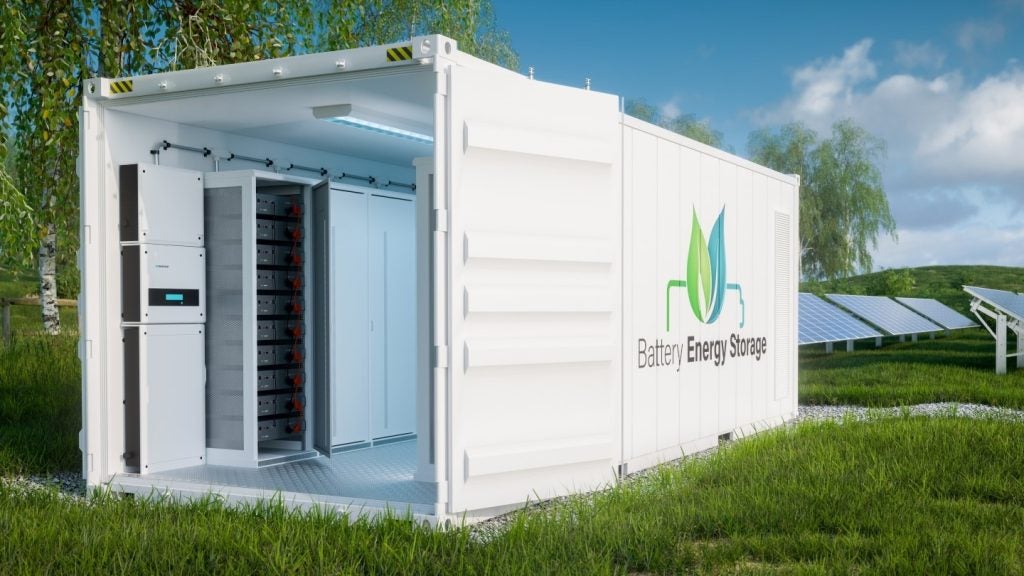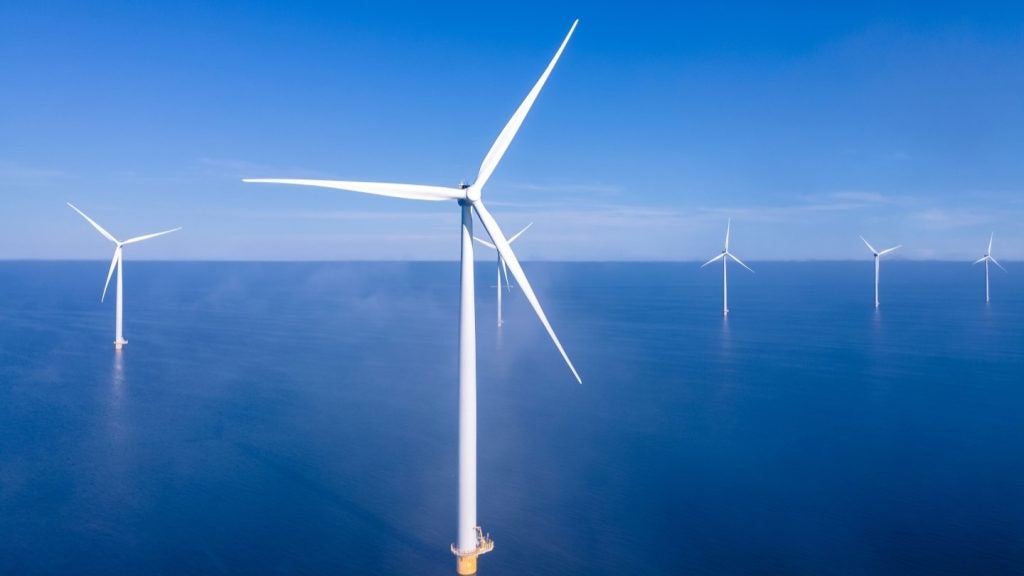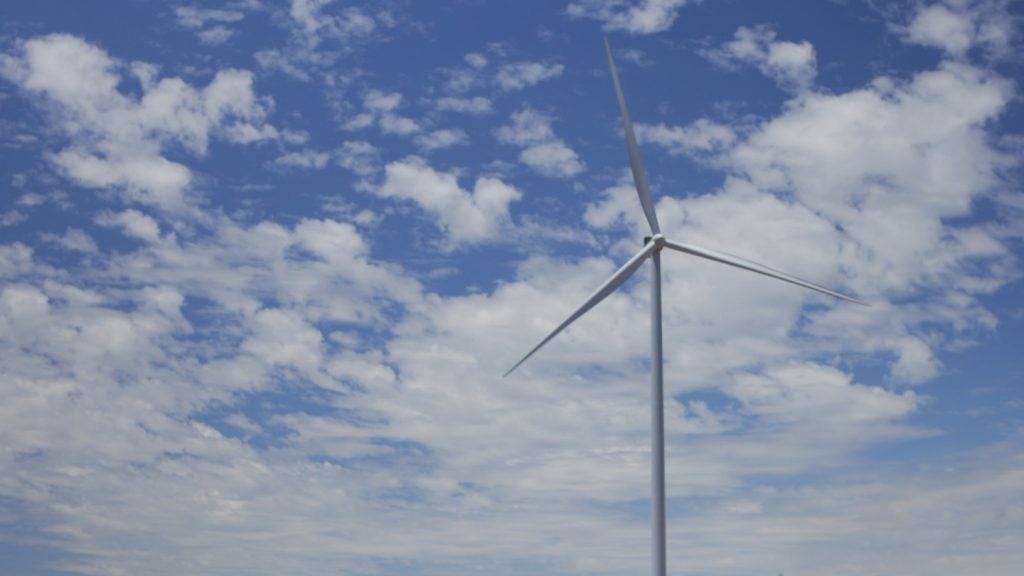American nuclear fusion startup Xcimer Energy has raised $100m in a Series A funding round to bring inertial fusion energy to commercialisation.
The round was led by Hedosophia, with participation from Breakthrough Energy Ventures, the Emerson Collective, Gigascale Capital, Lowercarbon Capital, Prelude Ventures and Starlight Ventures.
The company plans to utilise the funds to establish a new facility in Denver, Colorado.
Xcimer will construct a prototype laser system, which includes the world's largest nonlinear optical pulse compression system.
This development is a significant step in advancing the company's transformative technology for laser-driven inertial fusion.
Xcimer's mission is to scale up the proven science of inertial fusion to industrial levels.
It aims to achieve this by developing the world's highest-energy laser system and integrating it with innovations from various fields.
The startup's laser architecture is expected to produce laser energy up to 10 times higher, with 10 times the efficiency and more than 30 times lower cost per joule than the National Ignition Facility's (NIF) laser system which achieved a fusion scientific breakeven in December 2022.
With the new funding, Xcimer is also expanding its technical team in Denver, Colorado, where it has recently relocated the majority of its employees.
The company also announced the appointment of aerospace systems developer Giovanni Greco as senior vice-president of engineering.
Greco will be oversee the design and manufacturing of the prototype laser system in Denver.
Xcimer is leveraging laser technologies initially developed for the 1980s Strategic Defense Initiative (known as “Star Wars”), to enable higher laser energies.
This advancement is crucial to scale the fusion performance achieved on the NIF to much higher gains and simplify the design of a laser fusion power plant.
In 2023, the US Department of Energy (DoE) awarded Xcimer a $9m grant through its Milestone-Based Fusion Development Program.
The company is also a member of all three inertial fusion energy hubs established under the DoE's Inertial Fusion Energy Science and Technology Accelerated Research Initiative, which includes a mix of public, private and government research labs.


